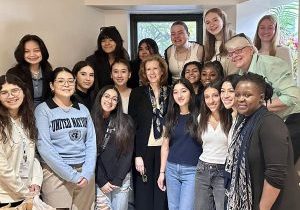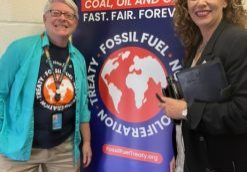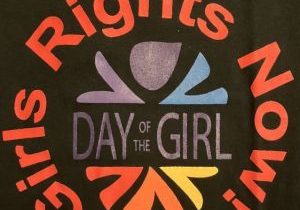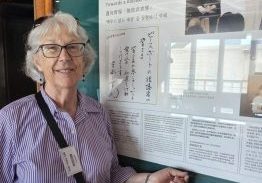Climate Justice
The climate crisis is an increasing, unequal, and dire factor facing all life on Earth. Loretto at the UN calls on nations to stop the use of fossil fuels, reaching real carbon zero (not net zero), as well as calls for the states polluting the most to act the most in this effort. We cannot rely on market-based solutions but must take grassroots action.
We also hope to enable every citizen to make sustainable decisions through policies focusing on accessibility and equality. Loretto at the UN thinks of climate justice as being intersectional; we are not separate from Earth and acknowledge that environmental injustice affects us all but systematically affects the marginalized the most.
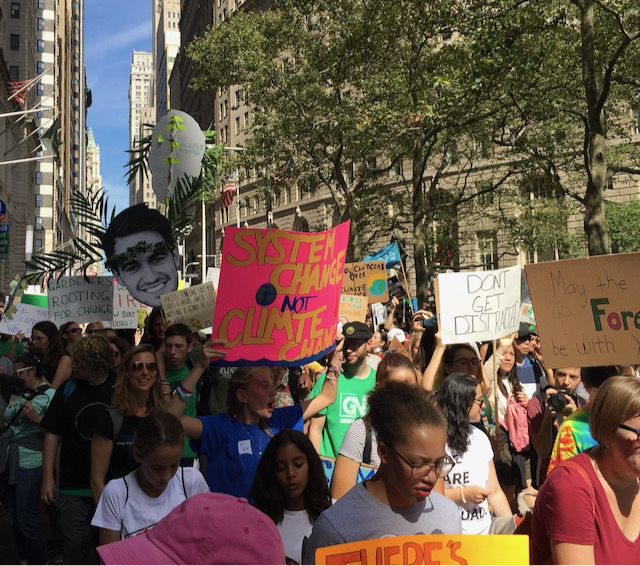
Photo taken by Beth Blissman
Climate-Induced Migration
Migration will only increase as “unnatural” disasters increase and more people struggle for food and safety. Loretto at the UN is part of the NGO Committee on Migration, a group of NGOs trying to address migration at the global/multilateral advocacy level.
We also work with Loretto’s Latin American Caribbean Committee in migration to help at the grassroots level. Watch this video of one of LACC’s immigration spotlights to learn more about solutions for climate-induced migration:
Fossil Fuel Non-Proliferation Treaty
Fossil fuels are the single most impact source of the climate crisis and the single most important step to healing our Earth.
Loretto at the UN and the Loretto Community have officially endorsed the Fossil Fuel Non-Proliferation Treaty as a strong means to end this deadly pollution. We join thousands of individuals and organizations, including the state of Hawaii, in affirming this treaty to ban fossil fuels.
This video is a good source of additional information.
Climate Talks: Conference of the Parties (COP)
COP stands for “Conference of the Parties” and is an annual UN climate conference. It is the decision-making body responsible for monitoring and reviewing the implementation of the United Nations Framework Convention on Climate Change, created in 1992 at the Rio Earth Summit. 197 nations and territories, called Parties, participate. The Paris Agreement was a result of COP21 in Paris.


